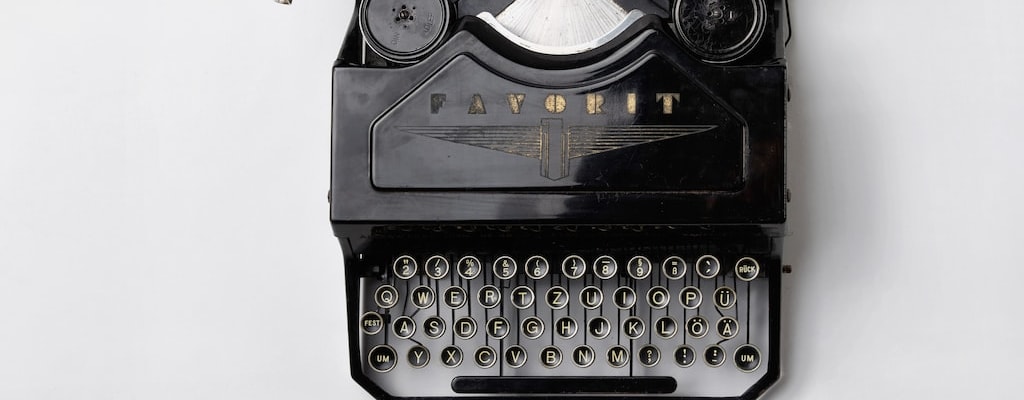buff out: Idiom Meaning and Origin
What does ‘buff out’ mean?
"Buff out" is an idiomatic expression that means to fix or resolve a problem or flaw, typically through careful attention or effort. It can be used in various contexts, such as repairing a scratch on a vehicle or resolving a mistake or issue in a project or plan.

Idiom Explorer
The idiom "hit the buffers" means to reach a point of failure or complete downfall, often used to describe a sudden end or setback in one's progress or plans.
The idiom "gloss over" means to ignore, downplay or conceal a problem, mistake, or negative aspect of something, often with a superficial treatment or explanation.
The idiom "game out" means to plan or analyze a situation in advance, especially in order to anticipate different outcomes and strategies. It is often used in the context of sports, but can also be applied to other areas of life.
The idiom *flush out* means to force someone or something out into the open, especially by using tactics or methods that expose their true nature or intentions.
An idiom, "fade out," means to gradually disappear or become less noticeable. This phrase is commonly used to describe the gradual decrease or end of something, such as a sound, a scene in a movie, or a memory.
The idiom "edge out" means to narrowly defeat, surpass, or outdo someone or something, usually by a small margin or by using one's advantages or skills.
The idiom "dry out" means to stop drinking alcohol or to recover from alcoholism or drug addiction. It can also refer to the process of removing moisture from something or to take a break from a situation or activity.
The idiom "cut out" means to stop or end something, often abruptly. It can also refer to removing or deleting something. For example, "The noise was so loud that I had to cut out the TV show I was watching." or "I cut out sweets from my diet to lose weight."
The idiom "bust the dust" means to clean or remove dirt and debris. It is often used to describe the act of cleaning a dusty or cluttered space.
The idiom "bust on" means to criticize, make fun of or tease someone in a playful or mocking manner. It refers to pointing out someone's flaws or shortcomings in a lighthearted way.
Master the Art of 'Buffing Out'
Buff out is an idiomatic phrase commonly used in American English. It is a verb phrase used to describe removing or fixing imperfections or blemishes on a surface, often made of metal or a hard material. This idiom originated from automobile maintenance and repair, particularly in the context of removing scratches or damages from a vehicle's body. buff up and flush out are related idioms that can be used alongside buff out. Buff up means to improve or enhance something, while flush out means to reveal or expose something hidden.
The origins of the idiom buff out are uncertain, but it likely emerged within the automotive industry. Mechanics and car enthusiasts commonly used the term, and it gradually became known to a wider audience. As with many idiomatic phrases, it is difficult to determine the exact moment or individual responsible for its first usage. Nonetheless, buff out has become a familiar phrase in colloquial American English, especially among those involved in car maintenance or the automotive industry.
Buffing out a surface typically involves using a buffing wheel or polishing compound to remove small scratches, swirl marks, or other imperfections. The process is done in a circular motion with pressure applied to the affected area until the blemish is diminished or completely eradicated. In the context of automotive repair, buffing out refers to removing scratches from a car's body, restoring its original smooth and glossy appearance. However, the idiom can also describe fixing or repairing any kind of imperfection or flaw, not limited to just automobiles.
Buff out's usage has expanded beyond automotive repair and is now used more generally to address or correct any kind of problem or imperfection. Figuratively, it can suggest that an undesirable situation or mistake can be rectified or resolved. For instance, someone might say, "I made a mistake, but I think I can buff it out," meaning they believe they can fix the error or make amends for it. Buff up, on the other hand, means to improve or enhance something. It can refer to improving one's appearance, abilities, or skills. For example, you might say, "I need to buff up my presentation skills for the upcoming meeting." Flush out, another related idiom, means to reveal or expose something hidden. It is often used in the context of bringing hidden information to light or uncovering the truth. For instance, you might say, "We need to flush out all the details of the plan before moving forward."
While buff out has gained popularity and recognition among English speakers, its usage may still be context-dependent and not universally understood in all situations. As with any idiom, it is crucial to consider the context and the audience when using or interpreting the phrase. While rooted in the automotive industry, the phrase's usage has evolved and expanded to encompass a wider range of meanings and applications.
The meaning and usage of buff out may continue to evolve over time, reflecting changes in language and culture. As idiomatic expressions are fluid and adaptable, they contribute to the richness and complexity of the English language. This ensures that there will always be new possibilities and interpretations to explore with buff out and its related idioms, buff up and flush out.
Example usage
Examples of how the idiom "buff out" can be used in a sentence:
- He accidentally scratched the car, but he's confident that he can buff out the scratches.
- After some polishing, the stain on the table will buff out.
- The scuff marks on the shoes were easily buffed out with a bit of shoe polish.
More "Vehicles" idioms
We missed the mark - nothing found.



